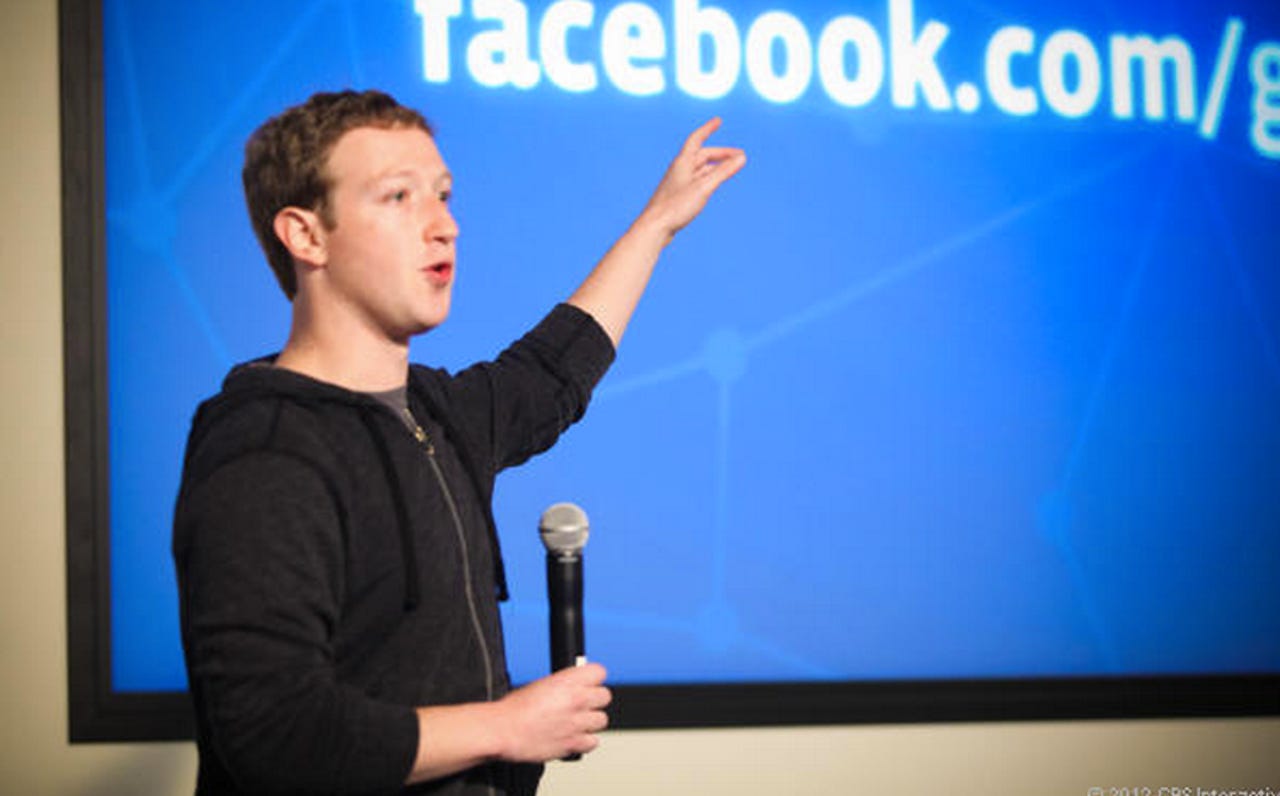Facebook at Work: Thanks, but no thanks


Facebook is reportedly gearing up to take on LinkedIn, Google's Drive and services, Microsoft's Outlook and Yammer with a workplace-friendly version of the social networking site, but such a dream is unlikely to appeal to the enterprise.
As reported last week by the Financial Times, "Facebook at Work" is a new product designed to allow professional users to message colleagues, connect with professional contacts and collaborate over documents.
The website will have the same look as standard Facebook — including a news feed and groups — but according to people familiar with the matter, the idea is to keep work and personal accounts separate.
It makes sense for the social networking giant. Launching a professional version can boost ad revenue, keep engagement up and give the company a valuable new market to tap. But in application, cracking the corporate world won't be easy.
See also: Facebook at Work: Why it may make sense
On an individual level, it is common enough practice to make public profiles as secure as possible, and keep less-than-professional images from being viewed by those in the workplace, or for a user to tweak their name to keep personal profiles hidden from scouting eyes.
Whether you're already in the workplace — for example as a teacher who needs to prevent students from finding the account — filing your university application or want to maintain as professional a look as possible in applying for a new job, cloaking personal profiles can be paramount. However, if your profile is visible, whether or not you accept work colleagues who ask to be connected is a ponderous question.
A professional profile could solve this, but that's a job for LinkedIn.
Facebook — with its news feeds full of cats, oblique airing-the-laundry status updates, baby pictures and political tirades — just doesn't have the professional edge that LinkedIn does, even if the company does set up a stand-alone ecosystem. Neither service is perfect, but when you're in the office, you're less likely to be suspected of procrastinating when you have a professional service on tab rather than open conversations with friends or the Facebook icon in evidence.
There is a reason Facebook and other social media networks are often blocked in the workplace. Not only does surfing Facebook's feeds appear unprofessional and can hamper productivity, but the personal and professional should remain separate, with the former left firmly at the door during workday hours.
If you bring Facebook into the office, IT departments will need to unblock it. This, in itself, is unlikely to be an acceptable premise, would become a headache to implement and monitor and, unless Facebook executives do some seriously smooth talking, is going to be an idea many corporations will not want to touch.
Beyond potential staff procrastination, major concerns are likely to be Facebook's data use, storage and potential exploitation. Facebook has been criticized many times in the past for its handling of consumer data. One memorable incident is the social experiment in which the network tampered with the emotional state of approximately 700,000 users — through rigged news feeds — to see how "emotional contagion" could be controlled.
This isn't to say Facebook didn't learn its lesson, following an explosion of outrage and censure levied at the company when the research came to light. It also does not mean that Facebook will conduct similar experiments in the future on the business community. However, it does reveal an unethical side of the company that corporations may shy away from in self defense — as you don't sign deals with untrustworthy partners.
Aside from this experiment, Facebook is dealing with class-action lawsuits concerning alleged failures of adherence to EU privacy laws, the company's facial recognition technology was met with complaints and investigations, and criticism has been levied against the firm ranging from the failure to automatically delete data to tackling hate groups on the site.
In the corporate world, data protection and privacy are paramount. If a business does take on Facebook at Work, the social networking giant will be expected to treat sensitive information confidentially. Considering Facebook's run-ins over privacy, there already may be a break-down in trust between the company and the enterprise as a whole — and this is not a hurdle that can be overcome easily or quickly.
Although the recent changes in Facebook's default privacy settings may have repaired some of the damage — a move Facebook founder Mark Zuckerberg called an "important cultural shift" for the company — it may not be enough, especially when there are more secure and professional-looking solutions already on the market.
Read on: In the world of security
- Apple Pay rival CurrentC hacked
- FBI Director: Mobile encryption could lead us to 'very dark place'
- FBI chief compares Chinese hackers to 'drunk burglars'
- Hackers infiltrate White House network
- Teen hackers charged with stealing $100 million in Army, Microsoft tech
- Enterprise network security takes backseat to speed: McAfee
- Military secrets theft hacking trail leads to Russia
- Facebook doubles advertising bug bounty